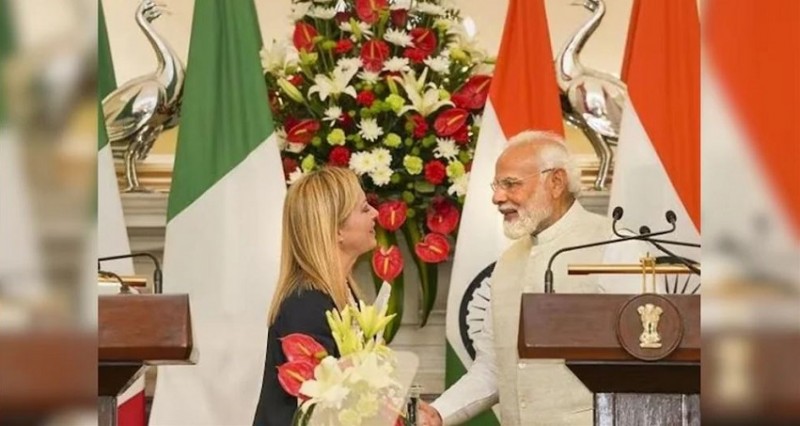
Prime Minister Narendra Modi is set to depart for Italy on June 13 to attend the Group of Seven (G7) Summit, marking his first overseas trip after beginning his third consecutive term. The G7 meeting, hosted by Italy, is scheduled for June 13-14 in Apulia, following an invitation extended by Italian Prime Minister Giorgia Meloni.
Italy, which assumed the G7 Presidency on January 1, 2024, for the seventh time, will host the 50th G7 Summit. The summit will bring together leaders from the G7 member states—Canada, France, Germany, Italy, Japan, the UK, and the USA—as well as representatives from the European Union. Several states and international organizations have also been invited to the Outreach Session of the summit, including India, marking its 11th participation. Prime Minister Modi will be attending the summit for the fifth time.
India's Role in the G7
India has participated in ten G7 Outreach Sessions since 2003, demonstrating its high-level commitment to the summit's objectives. These sessions have been held in various host countries, including France, the UK, Russia, Germany, Japan, Italy, and France, with India consistently represented at the Prime Minister level.
Focus Areas for the 50th G7 Summit
The 50th G7 Summit will focus on key areas such as the Indo-Pacific, Africa, climate change, environment, migration, and artificial intelligence. India's participation in these sessions underscores its growing importance on the global stage.
As the world's fifth-largest economy, India's GDP surpasses that of three G7 member countries—France, Italy, and Canada.
India's successful G20 Presidency has positioned it as a strong advocate for the Global South.
At previous G7 Summits, India has highlighted issues pertinent to the Global South.
India's Contributions at Previous G7 Summits
At the 2023 G7 Summit in Hiroshima, PM Modi participated in plenary sessions addressing crises, climate resilience, and global peace. India's contributions to global initiatives like the Lifestyle for Environment (LiFE), the International Year of Millets, and the Millets and Other Ancient Grains International Research Initiative (MAHARISHI) were recognized in the "Hiroshima Action Plan for Resilient Global Food Security."
Evolution of the G7
The G7, originally the G6, was established in 1975 in response to the first oil crisis, expanding to the G8 with Russia's inclusion from 2010 to 2014. Operating without a formal charter or secretariat, the G7 relies on the presidency to set the annual agenda. Collectively, the G7 nations represent nearly 45 percent of global GDP and over 10 percent of the world's population.
The G7 has evolved from economic issues to encompass broader global challenges, including peace, security, counter-terrorism, development, education, health, environment, and climate change. Since 2003, the G7 has invited non-member countries, particularly from Asia and Africa, to participate in Outreach Sessions, fostering international cooperation and engagement with non-governmental stakeholders.
Prime Minister Modi's participation in the upcoming G7 Summit reflects India's proactive stance on global issues and its commitment to fostering international cooperation.
Read: